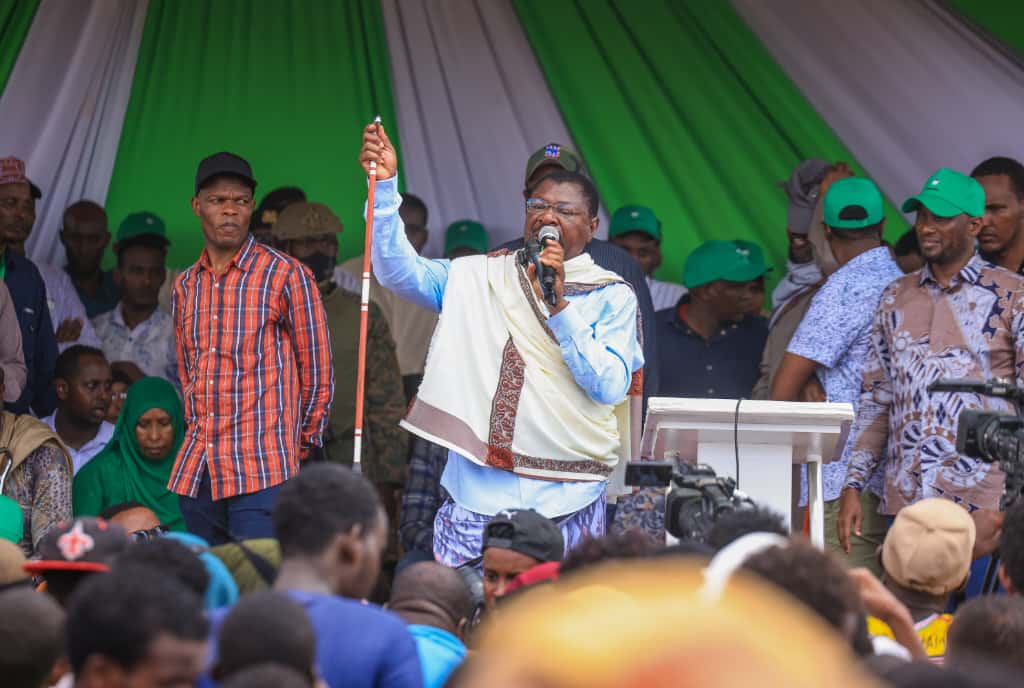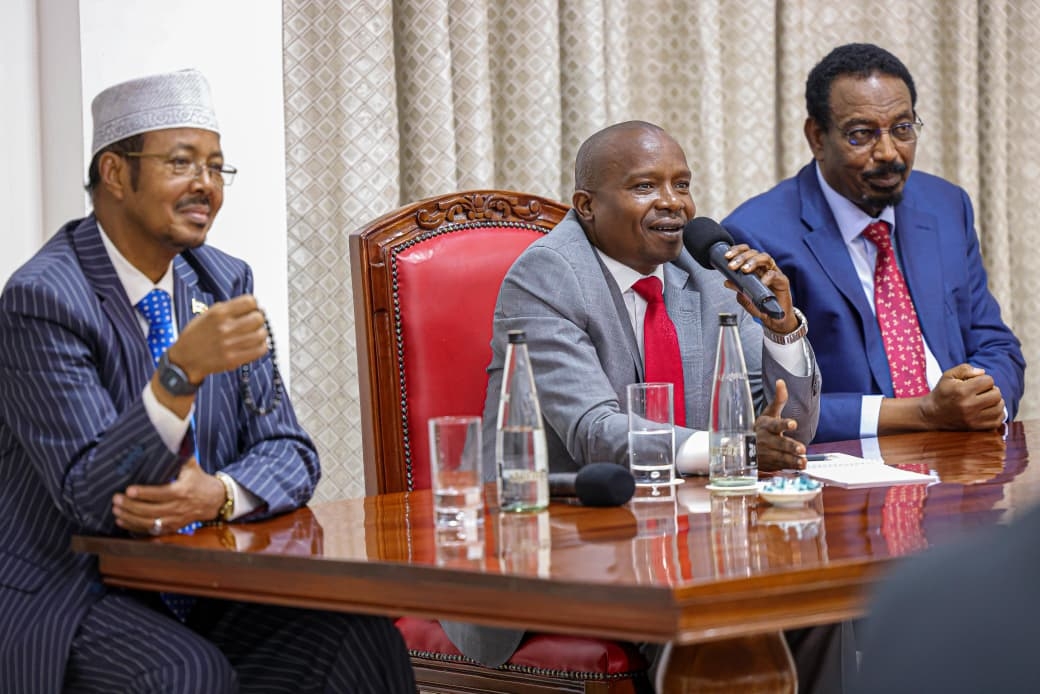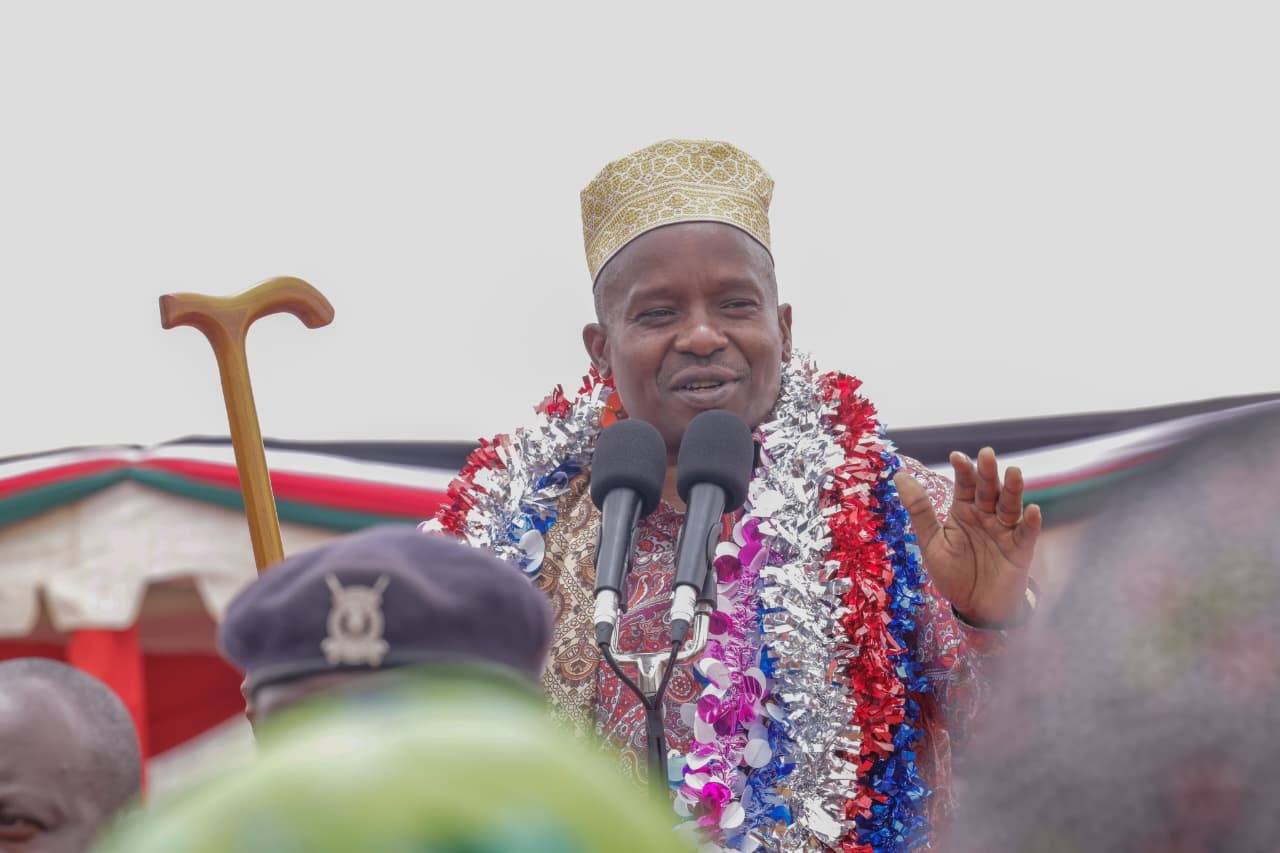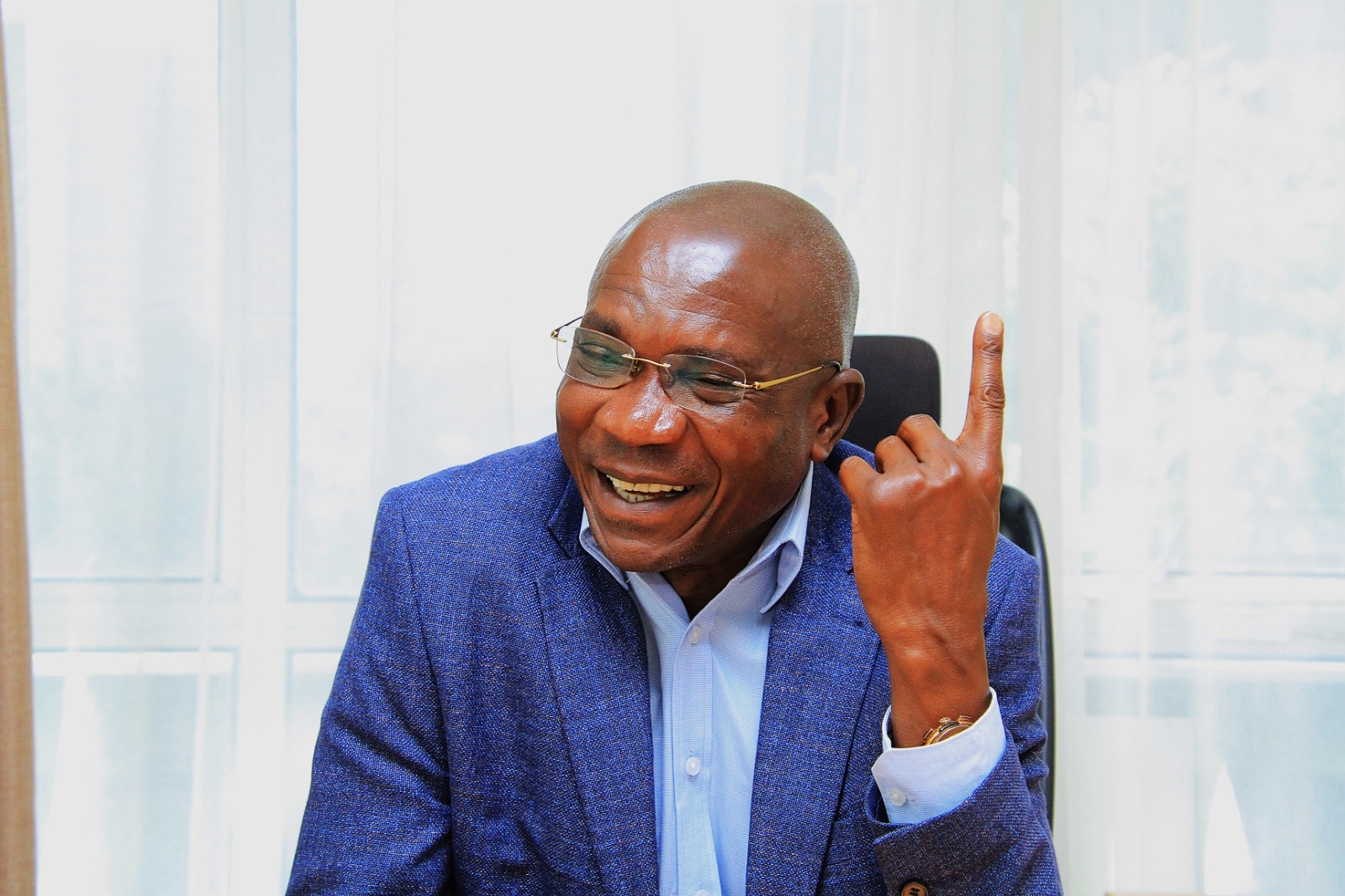

Members of Parliament will summon Interior Cabinet Secretary Kipchumba
Murkomen next week to explain persistent delays in the issuance of national
identity cards in Northern Kenya.
The announcement was made by National Assembly Speaker Moses Wetang’ula
during a meeting with residents in Hagadera, Fafi Constituency, Garissa County.
Wetang’ula said lawmakers had received widespread complaints from
communities in Garissa, Wajir and Mandera counties.
“The President gave a directive, which Parliament fully supported, that any
Kenyan who has attained the legal age to acquire a national ID should not face
unnecessary hurdles such as vetting,” he said.
Wetang’ula noted that despite the government’s decision to scrap the vetting
process for ID applicants, many eligible Kenyans were still unable to obtain
their documents on time.
“We have been informed here today
that while vetting has been scrapped, there are significant delays in the
production of IDs at the National Registration Bureau.”
The Speaker said the House would require CS Murkomen to explain the cause of
the delays and outline measures to resolve them.
“Next week, I will invite the Cabinet Secretary so that we can raise these
questions directly. We insist that once an individual applies for an ID, it
should not take more than two weeks for them to receive it,” he said.
Wetang’ula spoke while campaigning for Ford Kenya’s Fafi Ward candidate,
Hassan Aden Kolosho, whom he described as a committed leader capable of
transforming the area.
He reaffirmed that residents of Northern Kenya are entitled to the same
constitutional rights as all other Kenyans and must not face informal barriers
in accessing national identification documents.
Several MPs echoed the concerns, including Wajir North MP Ibrahim Saney, who
said new hurdles had emerged despite the abolition of vetting.
“There is this hurdle called ‘validation’ in Nairobi for new applicants,
something completely foreign to us, which has resulted in zero ID production
for residents of Northern Kenya,” he said.
“We are asking: when are we getting the IDs? We are not receiving them. Who
is sabotaging the President’s directive?” Saney added.
Local leaders also raised concerns about the closure of the Kenya–Somalia border,
which they said had disrupted livelihoods and constrained legitimate trade.
Wetang’ula assured residents that he would raise the issue with President
William Ruto.
He said reopening the border would allow lawful cross-border business to
resume.
Earlier, Tarbaj MP Hussein Barre criticised the government for failing to
fulfil campaign promises made to the region.
He reminded residents that the Kenya Kwanza administration had pledged to
reopen border points, deploy KRA and KEBS officials, and support legal trade
with Somalia.
“It raises the question: if Somalia is now part of the East African
Community, why are we refusing to trade with them? That is the contradiction we
need addressed,” he said.
Wetang’ula also committed to push for accelerated electricity connectivity
in Northern Kenya, saying better infrastructure would help improve living
standards and spur socio-economic development.
















